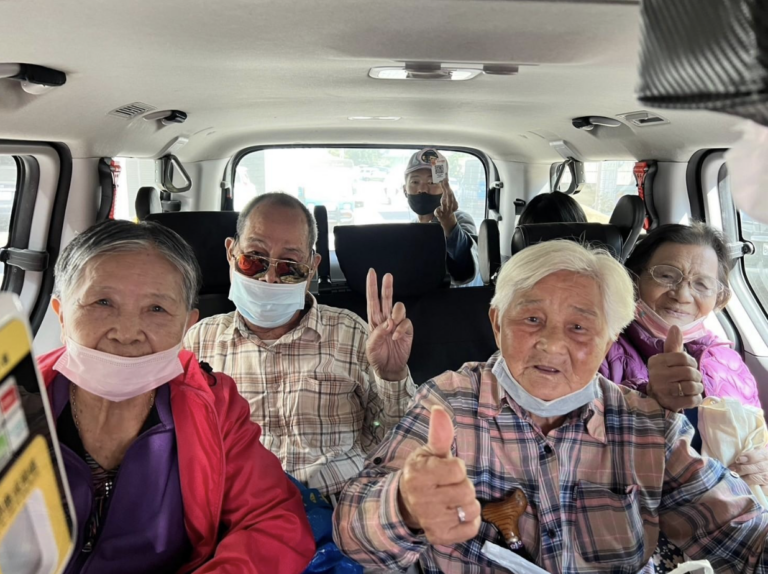Centering human rights in equitable and just climate adaptation in the Global South
Placing people at the heart of development policies is crucial for effective and sustainable progress, particularly in the context of global economic and political disparities prevalent in so many Global South countries.
The United Nations Assembly resolution of 2022 calling on states to step up efforts to ensure their people have access to a “clean, healthy and sustainable environment”, has highlighted the importance of embracing a human rights-based approach to dealing with environmental challenges. Giving effect to human rights is not just a national obligation, but also applies to cities. City leaders and administrators are faced with having to take the rights of urban communities into consideration when setting priorities, policies and determining budget allocations.
A session at the ICLEI World Congress 2024 explored how cities from several Global South countries balance human rights, biodiversity loss and resilience within the context of increasing extreme weather events, rapid urbanization, migration, and conflicts.
Human rights are at the center of everything, including nature. The very fact of our existence bestows this right on us. This view was captured by Mayor Anil Kumar who, in responding to the question about balancing rights within the context of climate change, economic pressures, rapid urbanization and extreme weather events, stressed that human rights have to take prominence in all decisions, because climate-based disasters impact poor and vulnerable communities most.
Mayor Kumar said cities must ensure that policy addresses those who are at the grassroots level. Making a similar point, Mayor Tiago Lacerda, from Santiago, Brazil emphasized the importance of listening to the people and ensuring that policy is “attentive to human behavior regardless of social status”.
Mayor Ernest Arthur from the coastal city of Cape Coast in Ghana talked of the interrelatedness of rights, and the importance of supporting citizens to understand their rights. Vice-Mayor Isabella de Roldão, from the City of Recife, Brazil stressed that cities need to ensure the dignity and rights of citizens is protected in delivering services.
Carlos Correa, Secretary of Environment from La Estrella in Colombia reminded the audience that nature also has rights and the “nature will survive without us but we cannot survive without nature”. In Colombia, nature is known as Pachamama or Mother Earth. He stressed the importance of connecting people to nature to address biodiversity loss and achieve the SDGs.
The conversation among the mayors brought to light several inspiring stories illustrating practical application of human rights in decision-making, policy execution, and service delivering. Mayor Kumar explained how Kochi was faced with a situation where people living in a slum area located along the shores of a canal had to be resettled to address their vulnerability to flooding. In addressing this sensitive issue, his city chose to allocate the best available land to the affected community as close as possible to where they had lived to minimize the impacts of resettling. The standard practice in India is to resettle communities to the cheapest land but this means that children are uprooted from their schools and friends, and people are no longer able to worship at the same temple or church.
Mayor Lacerda shared a very innovative and inspirational story on circularity. Santiago created a sustainable coin, which serves as currency to drive circular transactions. Citizens can bring their household waste to the city hall and exchange it for the sustainable coin. This saves the city the costs of waste collection, and citizens can use these coins to buy fresh produce from local farmers, who in turn can exchange the sustainable coins at the city hall for seeds, planting implements etc.
Mayor Arthur explained that Ghana’s policy of planting 6 million trees every year is based on a system of shared and equitable responsibility. In Cape Coast everyone – from street vendors, to city officials, business people, the mayor and even to the paramount chief – plants trees without payment or compensation for loss of income on an ordinary work day.
To ensure the success of the tree planning program, his city engaged with the entire community from the very beginning, informing them why trees were being planted, and inviting them to come on board to plant trees to ensure they take pride in the initiative. On planting day people come from the marketplace, the office, and the palace as equals, connected and feeling together in the common purpose of planting trees.
Vice Mayor de Roldão told the audience that Recife was the first city in Brazil to declare a climate emergency in 2019 and publish a climate Bill. Other measures include introducing sustainability as a subject in schools to expose all children to this concept from early; and composting organic waste in schools and the women’s hospital.
Carlos Correa described how companies exchange new clothes among poor people for recyclables thereby promoting a circular economy while providing dignity to the poor. He also spoke of partnerships with academic institutions around urban rural linkages.
In reflecting on the importance of a human rights-based approach, all speakers mentioned the importance of putting people at the center of decision-making, and Vice Mayor de Roldão expressed this as “nothing for us/me without us/me being involved”.







